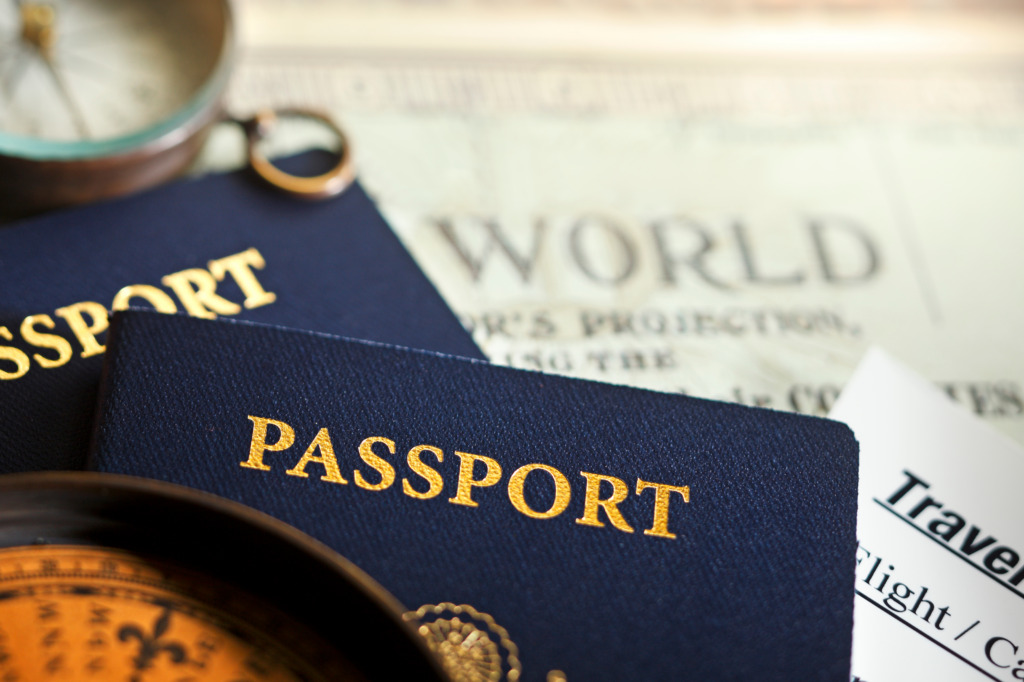Skills passports have been around for some time but now seem to be strongly back on the agenda, courtesy of the Employment White Paper.
An article in The Conversation points to serious Government thinking about a National Skills Passport. In fact, the article points to an allocation, of “A$9.1 million to prepare a business case for the passport to help workers promote their qualifications and businesses find more skilled workers.”
As the article also notes, the idea of a skills “passport” (also known as a skills or e-portfolio, learning passport, digital learning record, human capital account, life work portfolio, career passport and cumulative record of learning achievement) emerged in the 1990s. So, it’s been around for a while now as a concept.
The Passport could incorporate not only qualifications held, but also other evidence of an individual’s skills and qualifications, including micro credentials, digital badges, portfolios, resumes and references. Thus, a Skills Passport could combine a person’s qualifications across VET and higher education to more effectively demonstrate their skills to employers.
According to ministerial press releases, the Passport “has the potential to make it easier for employees to demonstrate their skills, change jobs and upskill, while making it simpler for employers to hire new staff with the skills and qualifications they need.
This initiative also forms part of the Government’s efforts to promote lifelong learning, which is a key reform direction outlined in the Employment White Paper.
The Government aims to consult widely with businesses, unions, tertiary institutions, states and territories and students in scoping an integrated National Skills Passport to better understand the needs and demands on different parties.
As Treasurer Jim Charmers notes in a press release:
“For more and more workers in the future, their education won’t finish when they graduate school or complete their apprenticeship – they’ll need to continue to re-train, renew and re-skill.”
“Our goal is to make it easier for workers to have their qualifications recognised and easier for employers to find the well-trained, highly-qualified workers they need.”
These Passports are being used in other places too, notably the European Union and Singapore using their MySkillsFuture site. This Singapore site provides a one-stop portal for Singaporeans to upskill in their lifelong learning journey. Through this site, individuals can claim their SkillsFuture Credit, learn more about the latest skills in demand, and view more than 20,000 SkillsFuture Credit Eligible courses on the Course Directory.
There are issues to think about, though
A recent issue of the TAFE Directors Australia newsletter was positive about such Passports, but a comment by Jenny Dodd pointed to a series of issues, including:
First, the complexity of Australia’s post school education environment. Any initiatives, such as the proposed Passport, may reduce that separation – which is a plus.
However, those planning the development and implementation of a passport system must consider what has already been invested in by providers themselves. A good use of taxpayers’ money would be to build on that, it’s suggested.
Finally, and if the Skills Passport is to hold more than qualifications and certificates, there must be some sort of quality control on what goes into it.
As TDA CEO Jenny Dodd notes, an Australian Financial Review article quoted Victoria University education policy expert Associate Professor Peter Hurley on the topic. She points to Peter’s comment in that AFR article where he said, “if the passport was to contain non-formal education, the government would have to develop a mechanism to assess the quality of the programs included in it.”








